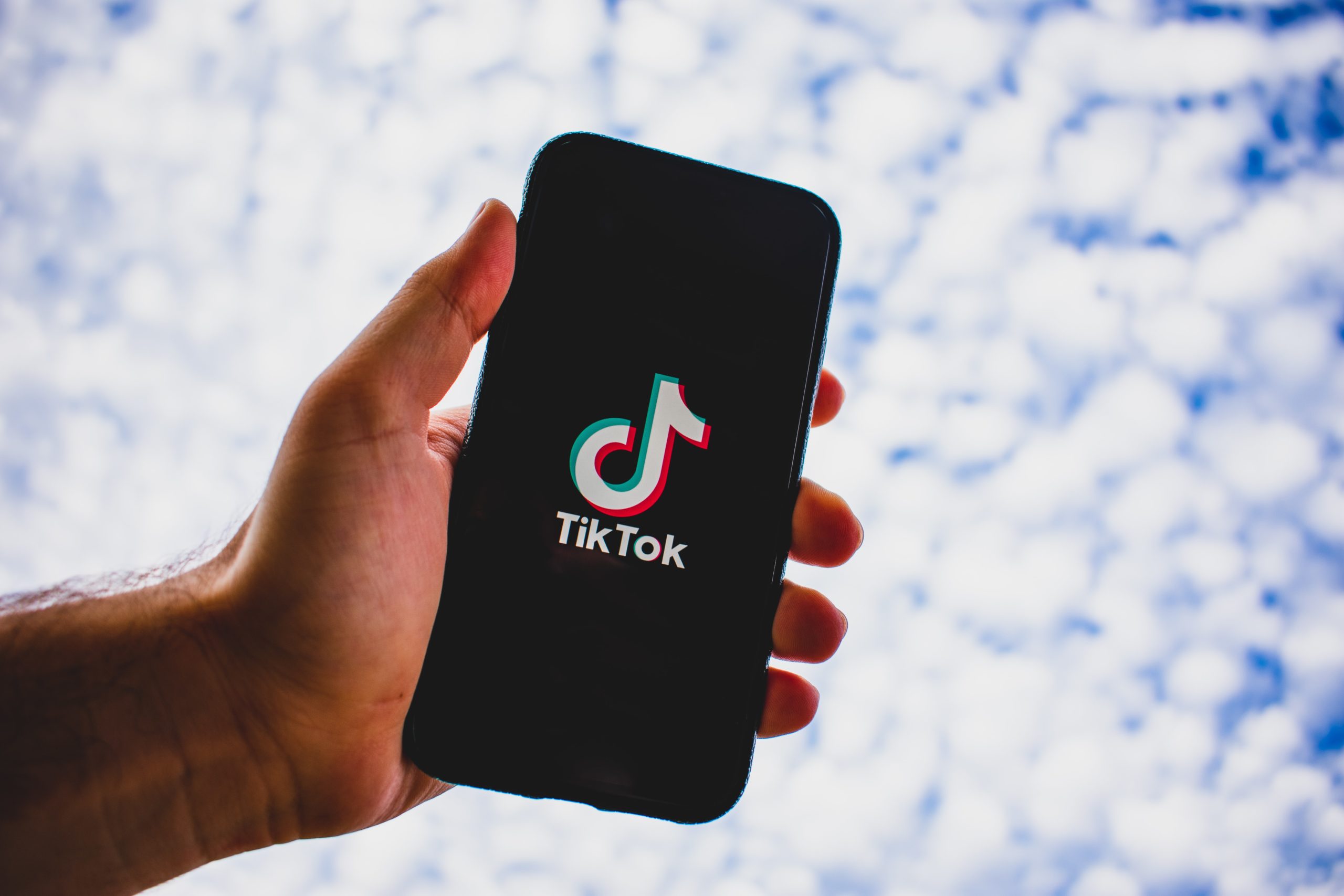Should your startup be on TikTok?
Users and brands alike are quickly catching on to social media’s latest sensation, TikTok. But as a startup or small business, you’ve probably wondered if the app is...
Filter by Category

Users and brands alike are quickly catching on to social media’s latest sensation, TikTok. But as a startup or small business, you’ve probably wondered if the app is...
Posted by Mary Jenkins

When running a business, there are always going to be pros and cons associated with any decision. But the coronavirus crisis has brought with it a host of other challenges and...
Posted by Sam Lauron

In a time when in-person communication is little to none, video conferencing tools like Zoom have become the go-to for meetings, happy hours, creative brainstorming sessions, and...
Posted by Sam Lauron

There’s no doubt that the coronavirus has had a dramatic impact on small businesses. Now that we’re nearly two months into the crisis, there’s still a lot of uncertainty around...
Posted by Sam Lauron

From blog posts to ebooks to infographics, content marketing continues to be an essential component of a brand’s communication strategy. To demonstrate the powerful results that...
Posted by Sam Lauron

This article discusses our four top tips to help tech companies find the best PR firm in Austin. But before I do that I want to draw your attention to this: In 2019, Austin...
Posted by Sam Lauron

Whether you’re a startup or an established IT consulting company, generating new leads is essential in order to gain or maintain a healthy stream of business year round. There...
Posted by Sam Lauron

When creating a blog the chances of turning it into an overnight sensation is unlikely. After all, there are an estimated 31.7 million blogs in the United States alone according...
Posted by Avalon Funk

You’ve likely heard the term used many times in the communications and marketing world, but what exactly is content marketing? Generally speaking, content marketing is an...
Posted by Sam Lauron

We’re a couple months into 2020, and the latest PR trends have already emerged. While the foundation of public relations will always be focused on increasing brand awareness and...
Posted by Sam Lauron

Users and brands alike are quickly catching on to social media’s latest sensation, TikTok. But as a startup or small business, you’ve probably wondered if the app is something worth investing time or money into.
Below, we’re breaking down what TikTok is, how TikTok marketing works, and whether or not your startup should be using it.
TikTok is a social networking app used to create and share short-form videos, mainly centered around dancing, lip-syncing, and comedy–though the content creation opportunities are endless. The app is used primarily by users ages 16-24 and is similar to the now-defunct app Vine.
Content on the app is limited to 60 second videos that feature everything from makeup tutorials to dance videos to cooking hacks. If it’s visual and remotely entertaining, chances are it may end up on TikTok. But the platform is atypical of many social media outlets in that the feed is not chronological. Messaging is a loosely used component, and even avid users are learning as they go.
The best part about TikTok is that there are hardly any rules. It’s a bit like the Wild West of social media. Even the most unassuming content producers can end up on the “For You Page” (TikTok’s home page or explore page) by simply hashtagging #fyp.
In terms of how to use it in a startup’s marketing strategy, especially when compared to Instagram and Facebook, advertising and promotional content on TikTok is in its infancy, meaning that it’s an opportune landscape for new businesses to be an early adopter and get more awareness before the rest of the world catches on.
Far larger companies have mainly utilized in-feed native video–vertical video ads that camouflage themselves amongst user videos on the “For You” Page–brand takeovers, and branded filters. As the world becomes even more addicted to TikTok, as it surely will, the opportunities and methods of TikTok marketing will only continue to evolve.
We’ll be honest, the app is still relatively new. Even well-recognized brands like Netflix are never guaranteed to go viral. What we do know is that TikTok is becoming increasingly popular and stands out among competing platforms because of its authenticity and the fact that it’s just plain fun.
Even better, the app isn’t saturated with ad content by competing brands. Translation? Now may be the right time for your startup to join. But only if your product is right for the app and its audience.
If your startup caters to the needs of TikTok’s target demographic, those between the ages of 16-24, then TikTok may very well be the platform for you. According to a study by Millward Brown, GenZers skip ads much faster than their GenX counterparts. One way TikTok gets around this problem is by allowing users to get involved in the actual content creation. It’s smart in that it makes products and companies feel personal and authentic. If your startup has a product or service that is compatible with this form of collaborative marketing then you should strongly consider joining TikTok now.
About Mary Jenkins: Mary is a marketing and communications intern for Swyft, which has been listed as one of the best PR firms in Austin and a top digital marketing agency in Denver since its founding in 2011. Swyft has satellite offices where it offers PR in San Francisco and Houston.

If you’re just starting out, or if you’ve been too busy with other aspects of your business to think about marketing, you may be considering outsourcing your marketing efforts to...

So you’ve recently started your business and have been working hard to promote it. You’ve created a website because it is 2017 and without one your company wouldn’t survive for...